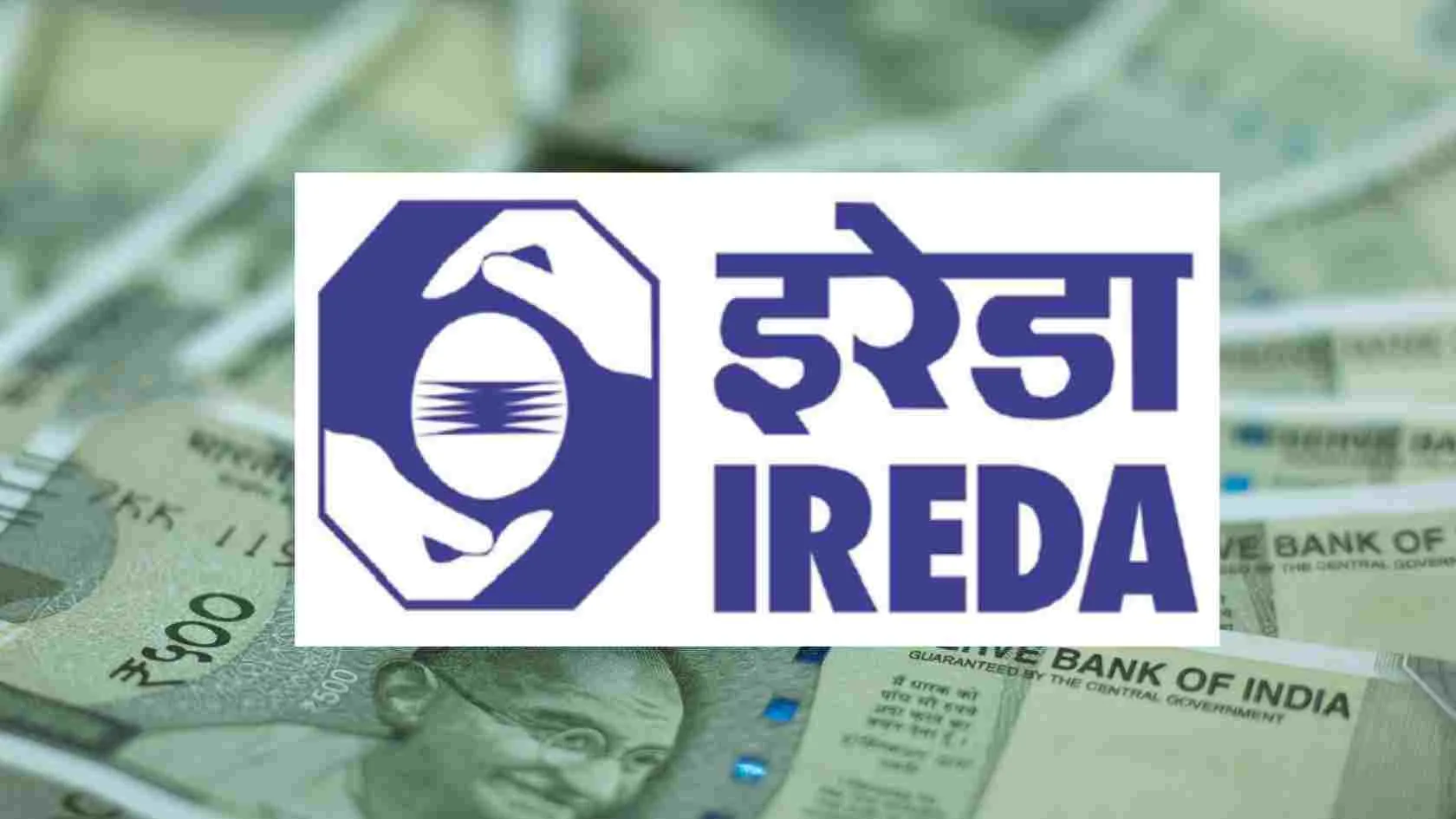The Central Board of Direct Taxes (CBDT) has officially notified that bonds issued by the Indian Renewable Energy Development Agency (IREDA) will be treated as ‘long-term specified assets’ under section 54EC of the Income-tax Act, 1961.
The notification provides capital gains tax exemption for investments made in IREDA bonds.
As per the notification, bonds redeemable after five years and issued on or after July 9, 2025, by IREDA— a Public Limited Government Company established as a Non-Banking Financial Institution— will qualify for the tax exemption benefit under the specified section.
Importantly, the funds raised through these bonds must be utilized strictly for renewable energy projects that are financially viable and capable of repaying the debt solely from their own revenues. Projects depending on state government support for debt servicing will not be eligible.
This move aligns with the government’s broader push to promote clean energy investments while offering taxpayers a compliant avenue to reduce capital gains tax liability.
How IREDA Bonds Being Classified as ‘Long-Term Specified Assets’ Benefits Investors?
Section 54EC of the Income Tax Act provides a tax-saving opportunity for individuals selling long-term immovable property. Investors can enjoy tax exemptions by investing in specified capital gains bonds.
Capital Gains Tax Exemption Under Section 54EC
The most direct benefit is exemption from long-term capital gains (LTCG) tax. Investors who earn LTCG—typically from selling land, buildings, or other immovable properties—can now reinvest the gains in IREDA bonds within six months to avoid paying tax on the gain.
- Exemption Cap: Up to ₹50 lakh per financial year can be invested in 54EC bonds.
- Lock-in Period: 5 years (as per the new IREDA bond issuance rules).
- Tax Savings: At 20% LTCG tax rate, reinvesting ₹50 lakh can potentially save ₹10 lakh in taxes.
Diversified Options for Tax Planning
Before this inclusion, only bonds issued by REC, PFC, NHAI, IRFC, and HUDCO were eligible for 54EC exemption. With IREDA entering the pool:
Investors get more choices, reducing overdependence on one or two issuers. Helps during periods when other issuers do not have active 54EC bond offerings.
This improves availability and accessibility of tax-saving instruments, especially for those close to the 6-month investment deadline.
Stable, Government-Backed Returns
IREDA is a public sector enterprise under the Ministry of New and Renewable Energy. Bonds issued by such government-backed institutions Offer fixed, predictable interest (typically between 5.25–6% annually, though subject to actual offering). Are considered low-risk due to government affiliation. Provide a secure parking option for capital gains while supporting green development.
Supports Green & Ethical Investing
For socially and environmentally conscious investors, IREDA bonds provide a tax-efficient ESG (Environmental, Social, Governance) aligned investment option.
Funds raised go into renewable energy and climate-oriented projects. Investors can align their portfolios with India’s green energy goals without compromising financial benefits.
Improved Liquidity in 54EC Bond Segment
More eligible issuers like IREDA mean potentially more frequent and flexible bond offerings. This enhances liquidity in the 54EC market. Increases the likelihood that investors can meet Section 54EC deadlines. Minimizes the risk of missing tax benefits due to non-availability of eligible bonds.
Protection from Market Volatility
Unlike equity or mutual funds, these bonds are non-market linked, thus insulated from volatility. Lock in the investment for five years but offer capital safety and consistent income.
For conservative investors seeking capital preservation and tax deferral, this is a highly attractive option.
Notification Details
Notification No. 73/2025
Date: 9th July, 2025
Read More: ICAI Reprimands CA for Falsely Reporting ‘No Pending Litigation’ Despite SARFAESI Proceedings

